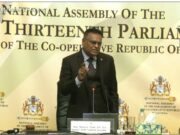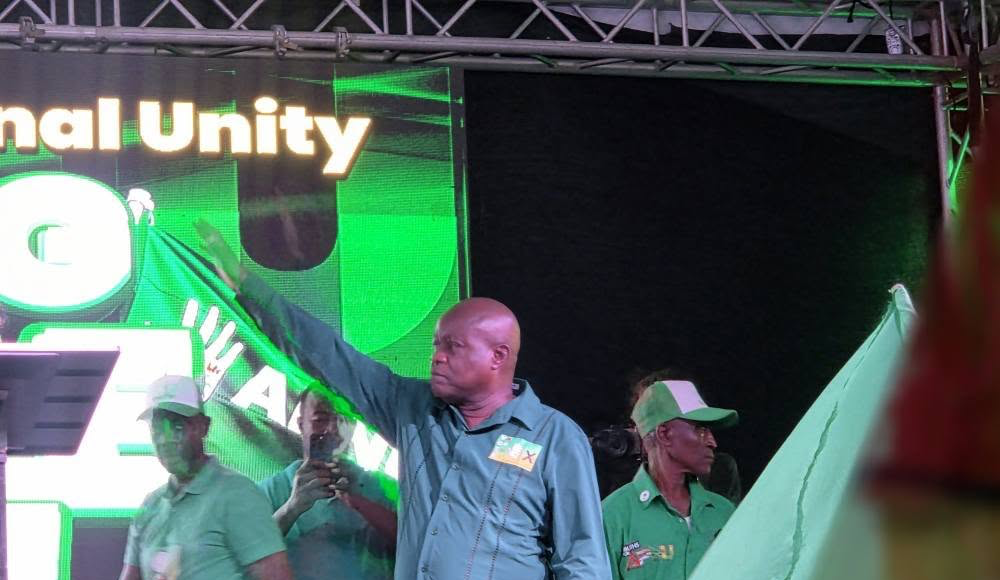The A Partnership for National Unity (APNU) has suffered a crushing defeat in Region Four, a constituency that has historically been its largest stronghold, according to the General Election Declaration for the region. The declaration was initially posted by election observer, Selwyn Pieters.
Official results show the APNU securing 46,956 votes, while its traditional ally, the Alliance for Change (AFC), received just 1,765 votes. Other minor parties, the ALP and FGM, received 497 and 2,431 votes respectively.
The governing People’s Progressive Party (PPP) outperformed the field with 87,536 votes, while the emerging We Invest in Nationhood (WIN) party secured 41,607 votes, finishing less than 5,500 votes behind the APNU.
Altogether, the region saw approximately 180,792 votes cast.
The results mark a major shift from the 2020 general election, when the APNU+AFC coalition secured 116,941 votes in Region Four. By comparison, the APNU and AFC combined received just 48,721 votes in 2025. This is a decline of nearly 68,000 votes.
This means that more than half of the coalition’s 2020 supporters withheld their votes in 2025, underscoring the scale of the rejection in what was once considered the opposition’s most secure base.
In contrast, the PPP’s tally increased from 80,920 votes in 2020 to 87,536 votes this year. While it can be assumed that the PPP picked up some former APNU supporters, the true impact of crossover voting on the opposition’s collapse remains minimal. The most critical factor appears to be that a large portion of APNU and AFC supporters simply stayed home on Election Day.
Much of the opposition’s erosion can also be attributed to the WIN party, which has positioned itself as the primary challenger to the PPP. WIN’s strong showing in Region Four demonstrates its ability to draw directly from the APNU’s voter pool.
Meanwhile, expectations that the ALP and FGM — both led by ex-APNU politicians — would split the vote proved unfounded, as the two parties performed poorly both regionally and nationally. Their impact on the major parties’ performances was negligible.











